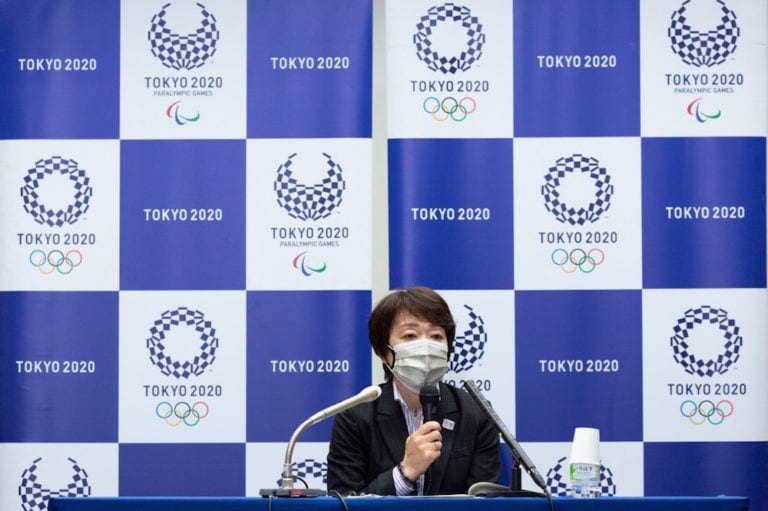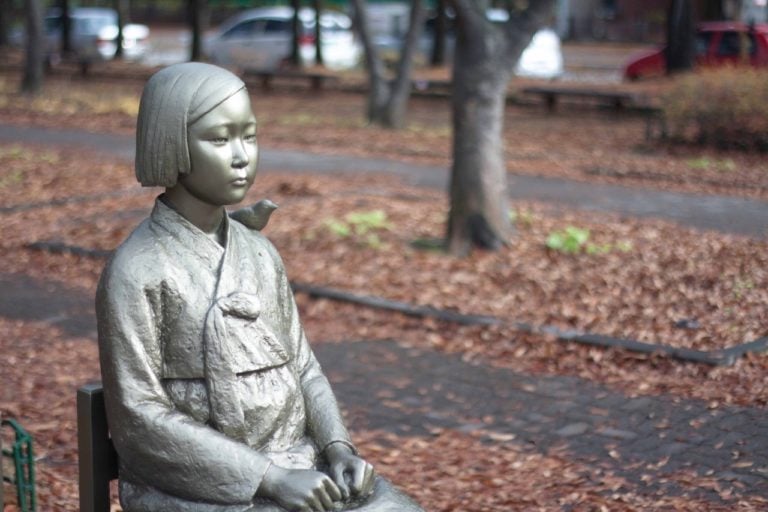(CPJ/IFEX) – In a 21 May 2002 letter to Japanese Prime Minister Junichiro Koizumi, CPJ expressed concern that the proposed Personal Data Protection Bill contains provisions that infringe on journalists’ freedom to gather information and report the news. This bill is under deliberation in the current session of the Diet [House of Councillors and House […]
(CPJ/IFEX) – In a 21 May 2002 letter to Japanese Prime Minister Junichiro Koizumi, CPJ expressed concern that the proposed Personal Data Protection Bill contains provisions that infringe on journalists’ freedom to gather information and report the news.
This bill is under deliberation in the current session of the Diet [House of Councillors and House of Representatives], which concludes on 19 June.
According to Japanese news reports, the Personal Data Protection Bill stipulates that those gathering and handling “personal information” about individuals must: 1) reveal the purpose of obtaining the information; 2) gather the information in an appropriate manner; 3) ensure the accuracy of the information; 4) prevent the leaking of the information to a third party; and 5) maintain transparency to allow the subject access to the information that has been gathered about him or her.
Journalists in Japan have argued that specific provisions of the bill, including definitions of “personal information” and “appropriate” means of acquiring information, are not clearly defined and could be misused by government authorities to restrict access to information. In addition, requirements to reveal the purpose of obtaining information and to keep the information transparent could impede the press’s ability to conduct investigative reporting.
Although the bill states that media organizations are immune from penalty if they violate these stipulations, according to the “Japan Times”, the prime minister has stated that the media will be expected to abide by them. In addition, the bill defines media organizations as newspapers, broadcasters, and wire services. The legal status of journalists who do not work for these designated groups, including free-lance writers, is unclear.
Media organizations, individual journalists, all four opposition parties, and members of the ruling Liberal Democratic Party oppose the passage of this bill as it is currently written. The Japanese Newspaper Publishers and Editors Association (Nihon Shimbun Kyokai or NSK), composed of 112 newspapers, four news agencies, and 38 television companies, protested the proposed law, saying it would “pave the way for government interference in freedom of expression.”
CPJ condemns official interference in the media’s ability to report the news. Because Japan’s media are among the freest in Asia, CPJ is especially troubled by such an attempt to place restrictions on the press.
Recommended Action
Send appeals to the prime minister:
– urging him to do everything within his power to ensure that any new legislation protects the right to freedom of expression, which is guaranteed under Article 21 of the Japanese Constitution
Appeals To
His Excellency Junichiro Koizumi
Prime Minister
Tokyo, Japan
Fax: +81 3 55 11 7210
Please copy appeals to the source if possible.


